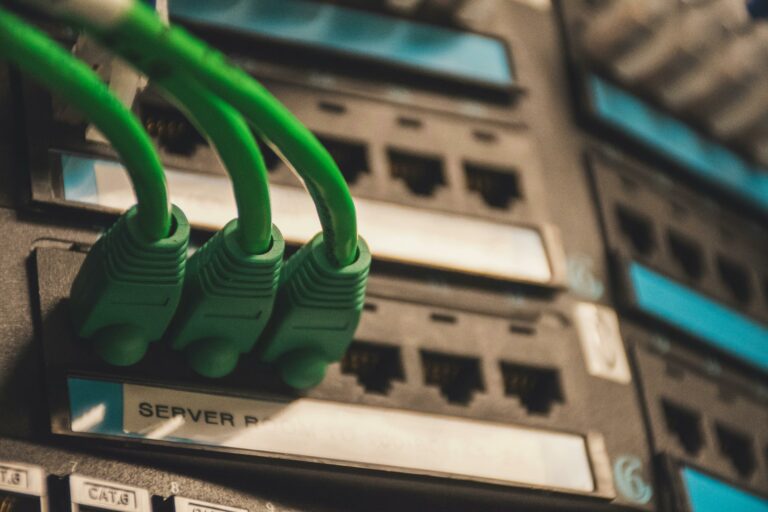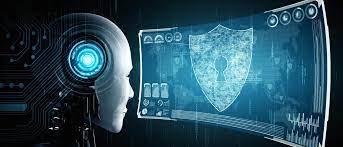The Rise of Quantum Machine Learning
Quantum computing is a rapidly evolving field that has shown tremendous promise in revolutionizing machine learning. Unlike classical computers that rely on bits, which can either be a 0 or a 1, quantum computers use qubits, which can exist in multiple states simultaneously. This allows quantum computers to perform complex calculations at an unparalleled speed, making them well-suited for handling the vast amount of data required for machine learning algorithms.
One of the key advantages of quantum computing in machine learning is its ability to efficiently process and analyze large datasets. Traditional machine learning algorithms often struggle with processing massive amounts of data due to computational limitations. Quantum computers, with their ability to handle and manipulate large amounts of data in parallel, offer a potential solution to this challenge. This could lead to more accurate predictions and faster decision-making capabilities in various machine learning applications.
Understanding Quantum Mechanics and its Application in Machine Learning
Quantum mechanics, the branch of physics that deals with the behavior of particles at a quantum level, forms the foundation of quantum computing. Unlike classical computers that use binary bits to process data, quantum computers use quantum bits or qubits to perform computations. The unique property of qubits is superposition, allowing them to exist in multiple states simultaneously and enabling quantum computers to process vast amounts of data in parallel.
In machine learning, quantum mechanics finds application in solving complex optimization problems and enhancing data processing capabilities. Quantum machine learning algorithms leverage the principles of superposition and entanglement to outperform classical machine learning algorithms in certain tasks. By harnessing these quantum phenomena, researchers are exploring novel approaches to data analysis, pattern recognition, and optimization, paving the way for faster and more efficient machine learning models.
Advantages of Quantum Machine Learning over Classical Machine Learning
Quantum machine learning offers unprecedented advantages over classical machine learning due to its ability to process and analyze vast amounts of data simultaneously. By leveraging the principles of quantum mechanics, quantum algorithms can solve complex problems much faster than classical algorithms. This speedup in computation can revolutionize the field of machine learning by enabling the development of more accurate models and predictions in a fraction of the time it takes with classical methods.
Furthermore, quantum machine learning is inherently more robust against certain types of errors compared to classical machine learning. Quantum systems exhibit properties such as entanglement and superposition, which allow for more intricate data processing and analysis. This inherent resilience to errors can lead to more reliable and stable machine learning models, ultimately improving the efficiency and effectiveness of various applications across different industries.
• Quantum machine learning can process and analyze vast amounts of data simultaneously
• Quantum algorithms solve complex problems much faster than classical algorithms
• Speedup in computation revolutionizes the field of machine learning
• More accurate models and predictions developed in a fraction of the time compared to classical methods
Furthermore, quantum machine learning is inherently more robust against certain types of errors compared to classical machine learning.
Quantum systems exhibit properties such as entanglement and superposition, which allow for more intricate data processing and analysis.
This inherent resilience to errors can lead to more reliable and stable machine learning models, ultimately improving the efficiency and effectiveness of various applications across different industries.
¨C11CAdvantages:¨C12C• Inherent resilience against errors¨C13C• Properties like entanglement and superposition enable intricate data processing¨C14C• Leads to more reliable and stable machine learning models
What is quantum computing and how does it differ from classical computing?
Quantum computing utilizes quantum-mechanical phenomena, such as superposition and entanglement, to perform operations on data, allowing for faster processing and increased computational power compared to classical computing.
How does quantum mechanics play a role in machine learning?
Quantum mechanics is used in quantum machine learning to leverage the principles of superposition and entanglement to process data and make predictions more efficiently than classical machine learning algorithms.
What are the advantages of quantum machine learning over classical machine learning?
Some advantages of quantum machine learning include faster computation speed, the ability to handle exponentially growing datasets, increased accuracy in complex modeling, and the potential to solve problems that are currently intractable for classical machine learning algorithms.







